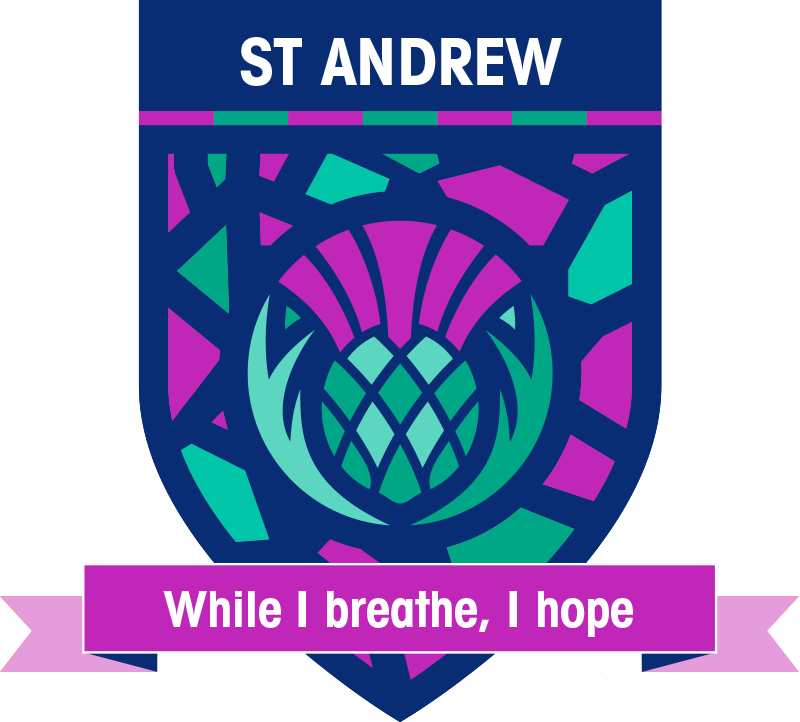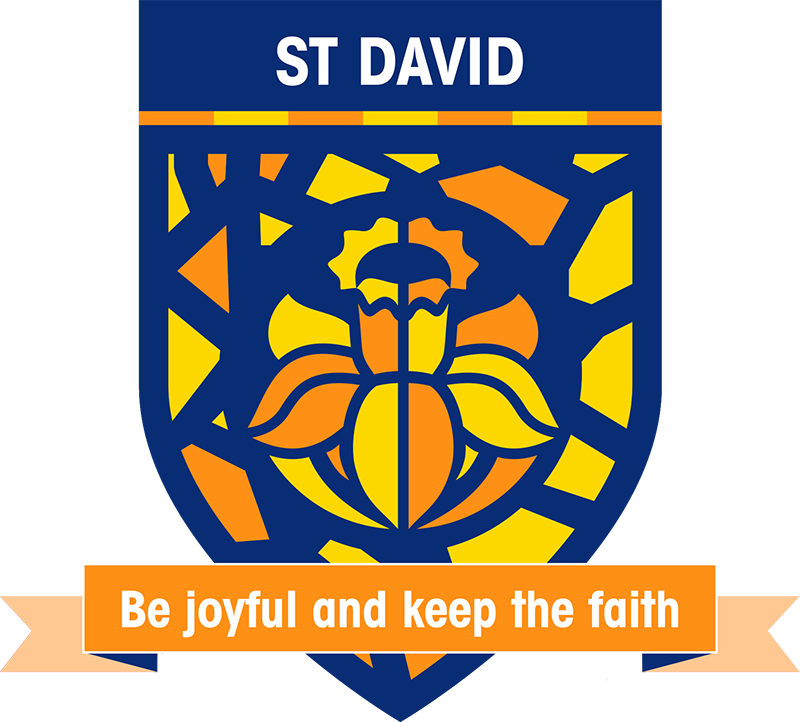Assessments
Assessment is an integral part of teaching and learning, and is inextricably linked to the curriculum. Professor Dame Alison Peacock Chief Executive, Chartered College of Teaching, articulates what great assessment looks like. ‘Great assessment enables both children and teachers to understand what has been learnt and identifies specific areas where misconceptions have occurred or where more practice is needed. Assessment that is used formatively, actively informs pedagogy”.
Good and well-planned assessment provides the basis of informed teaching, helping students to overcome their difficulties and ensuring that teaching builds on what has been learned. Assessment should be evident in every lesson; effective assessment is key to high‐quality teaching and learning and successful learners.
Assessments are planned and implemented to allow:
- Teachers to gain a clear understanding of what students’ know and remember so that future teaching can be adapted and interventions put into place to fill gaps in knowledge.
- Students to understand in which areas they have made gaps, and where and how they need to improve.
- Students to demonstrate their ability to retrieve and apply knowledge effectively in a range of contexts that model national tests at GCSE.
Assessment approaches
At Fisher More we see assessment as an integral part of teaching and learning, and it is inextricably linked to our curriculum.
We use 3 broad overarching forms of assessment: day-to-day in-school formative assessment, in-school summative assessment and nationally standardised summative assessment.
In-school formative assessment
Formative assessment is the ongoing day‐to‐day assessment that generates a range of qualitative information about student progress, which is often not recorded. Assessment for learning takes place to gather information about a learner or group of learners, what they understand or do not understand and how future teaching will be adapted to account for this.
Formative assessment approaches which are used by staff involve the use of mini whiteboards, diagnostic questions, visual or choral response and questioning.
Formative tests are also used to identify gaps in pupils knowledge, these tests are short in duration and last no longer than 20 minutes, and happen at regular intervals during the delivery of the curriculum (approximately 2 weeks).
In-school summative assessment
Summative assessment measures attainment within a learning or subject area. It is used to draw some conclusions at the end of a significant period of time, or at the end of a unit of work and is usually recorded. These assessments allow leaders to monitor the performance of pupil cohorts, and identify where interventions may be required. Each subject are responsible for creating suitable assessments to test the knowledge, skills and understanding of students against established performance descriptors. For most subjects, this is likely to be an examination, in preparation for terminal assessment at Key Stage 4.
All years receive a minimum of two summative assessments windows which are timetabled in the school calendar (IMPACT WEEKS). Subjects may supplement these assessments with further summative assessments during the school year in line with the curriculum model they have adopted and if they see fit.
Exams
It is our aim to make the exam experience as stress free and successful as possible for all our pupils.
Conduct in Examinations
Students need to bring their own equipment to an examination. This includes pens, pencils, ruler, eraser and, where permitted, a calculator. If you use a pencil case, it must be transparent.
Students should arrive in good time and ensure they know where to sit, according to the seating plan on display.
Students will not usually be permitted to leave before the end of the examination, to avoid disturbance to other students.
Mobile phones are absolutely forbidden and their use can result in instant disqualification. Students should not bring a phone, watch or other electronic equipment to an examination, and if they do so they will be required to hand it in to the invigilators before the exam begins.
We endeavour to keep the website regularly updated with general examination information and to keep you informed of upcoming examinations and any change at national level.



